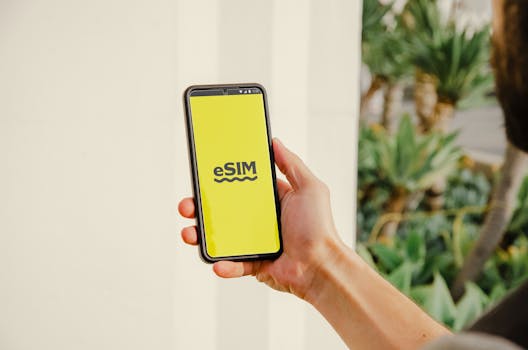The Future of Satellites: Revolutionizing Global Connectivity
The future of satellites is poised to revolutionize global connectivity, enabling faster and more reliable communication services. With advancements in space technology, satellites are becoming increasingly important for bridging the digital divide and providing internet access to remote and underserved communities.

The Future of Satellites: Revolutionizing Global Connectivity
The future of satellites is poised to revolutionize global connectivity, enabling faster and more reliable communication services. With advancements in space technology, satellites are becoming increasingly important for bridging the digital divide and providing internet access to remote and underserved communities. The use of satellites in telecommunications has been around for decades, but recent advancements in technology have made them more efficient, cost-effective, and accessible.
Introduction to Satellite Technology
Satellites have been used for various purposes, including navigation, weather forecasting, and remote sensing. However, their role in telecommunications has become increasingly significant in recent years. Satellites in orbit around the Earth can transmit and receive signals, enabling communication between different parts of the world. This technology has been used for international telephone calls, television broadcasting, and internet connectivity.
Advancements in Satellite Technology
Recent advancements in satellite technology have led to the development of more efficient and cost-effective satellites. The use of smaller satellites, known as smallsats, has become increasingly popular in recent years. Smallsats are smaller and lighter than traditional satellites, making them less expensive to launch and operate. They also have the ability to be deployed in large constellations, providing global coverage and enabling the establishment of high-speed communication networks.
Another significant advancement in satellite technology is the use of high-throughput satellites (HTS). HTS satellites have a higher bandwidth capacity than traditional satellites, enabling them to transmit and receive larger amounts of data. This has made them ideal for applications such as broadband internet access, where high-speed data transmission is required.
Applications of Satellite Technology
Satellite technology has a wide range of applications, including telecommunications, navigation, and remote sensing. In the field of telecommunications, satellites are used for international telephone calls, television broadcasting, and internet connectivity. They are also used for emergency communications, such as search and rescue operations, and for providing communication services to remote and underserved communities.
Satellites are also used for navigation, providing location information and timing signals for GPS and other navigation systems. They are also used for remote sensing, providing images and data on weather patterns, natural disasters, and environmental changes.
Future of Satellites
The future of satellites is exciting and promising, with many new developments and innovations on the horizon. One of the most significant trends in the satellite industry is the use of satellite constellations. Satellite constellations consist of multiple satellites working together to provide global coverage and enable the establishment of high-speed communication networks. Companies such as SpaceX, Amazon, and OneWeb are developing satellite constellations to provide broadband internet access to remote and underserved communities.
Another trend in the satellite industry is the use of reusable rockets. Reusable rockets have the ability to launch satellites into orbit and then return to Earth, reducing the cost of access to space. This has made it possible for companies to launch satellites at a lower cost, enabling the establishment of more satellite constellations and the provision of more communication services.